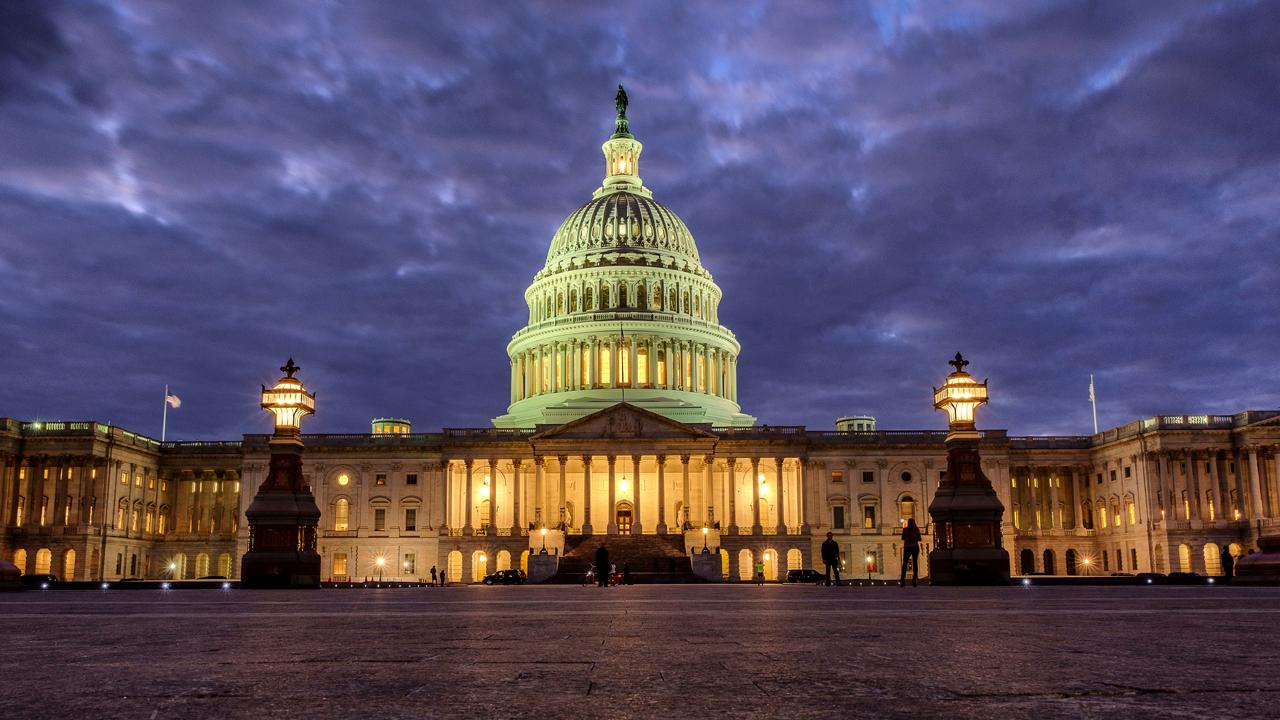Think your coronavirus stimulus check is the wrong amount? Here’s what to do
Some recipients have reported getting the wrong amount from the IRS
Get all the latest news on coronavirus and more delivered daily to your inbox. Sign up here.
Over the course of the past month, the federal government has distributed stimulus checks to 130 million Americans in hopes of blunting the economic pain triggered by the coronavirus pandemic.
The CARES Act, signed into law at the end of March, included one-time payments of $1,200 for individuals who earn less than $75,000 annually ($2,400 checks for couples who earn less than $150,0000) and $500 for every child under the age of 17. The payments are tapered for higher-earners and phase out completely for individuals who earn more than $99,000.
STILL NO STIMULUS CHECK IN YOUR BANK ACCOUNT? WHY IT MAY BE DELAYED
Since the payments started being distributed, however, some recipients have reported receiving the incorrect amount.
Here’s what to do if that happens to you:
If you received too little:
Some Americans have reported receiving a $1,200 check, but not the additional $500 per child payment. Unfortunately, the IRS has said those individuals may not receive the full payment allotted to them until next year, when they file their 2020 tax return.
“If you did not receive the full amount to which you believe you are entitled, you will be able to claim the additional amount when you file your 2020 tax return,” the IRS said in updated guidance. “This is particularly important for individuals who may be entitled to the additional $500 per qualifying child dependent payments.”
WHO WON'T GET A STIMULUS CHECK?
If you think your check is too small and it’s not related to the child payments, you will receive a confirmation letter via mail within 15 days of getting the cash. The letter will explain the amount of your stimulus check and what to do if you want to report an issue.
If you received too much:
In some instances, people have reported receiving too much money, like for a child who will turn 17 this year and is no longer eligible for the $500 payment, or if you’re slated to earn more money in 2020 than in the year the IRS based its calculation on.
If that’s the case, you’re in luck: The agency has said you will not have to pay the money back.
“There is no provision in the law requiring repayment of a payment,” the agency said. “You won’t be required to repay any payment when filing your 2020 tax return even if your qualifying child turns 17 in 2020 or your adjusted gross income increases in 2020″ above the thresholds for the stimulus check.




















